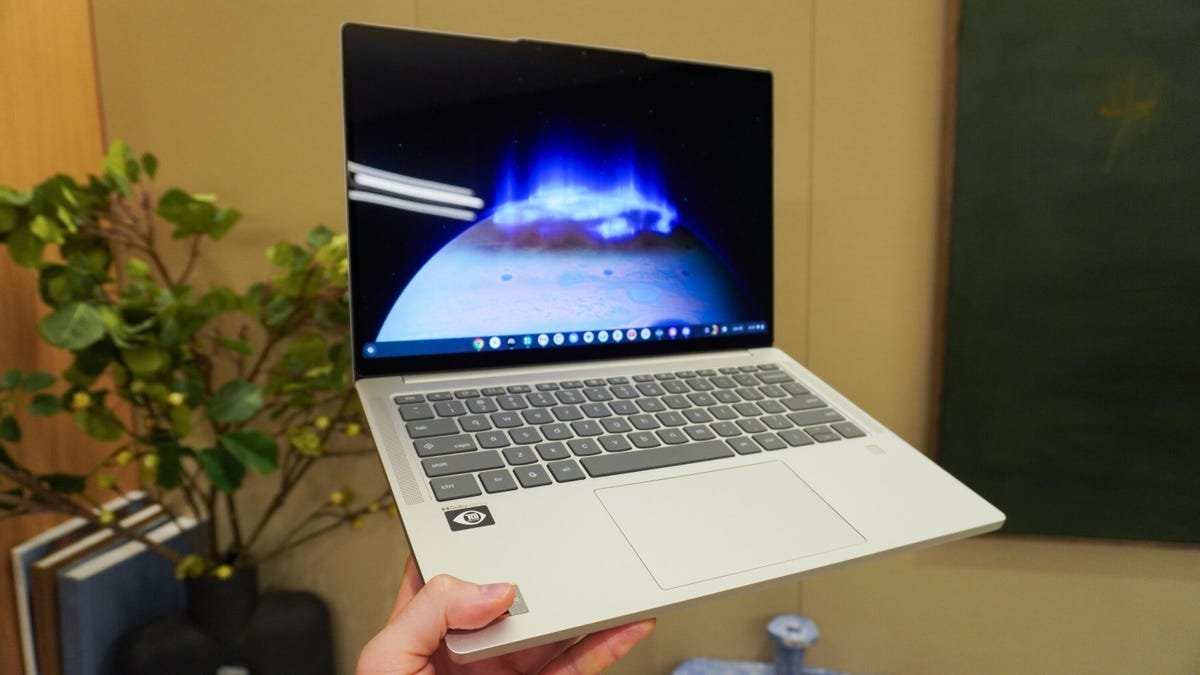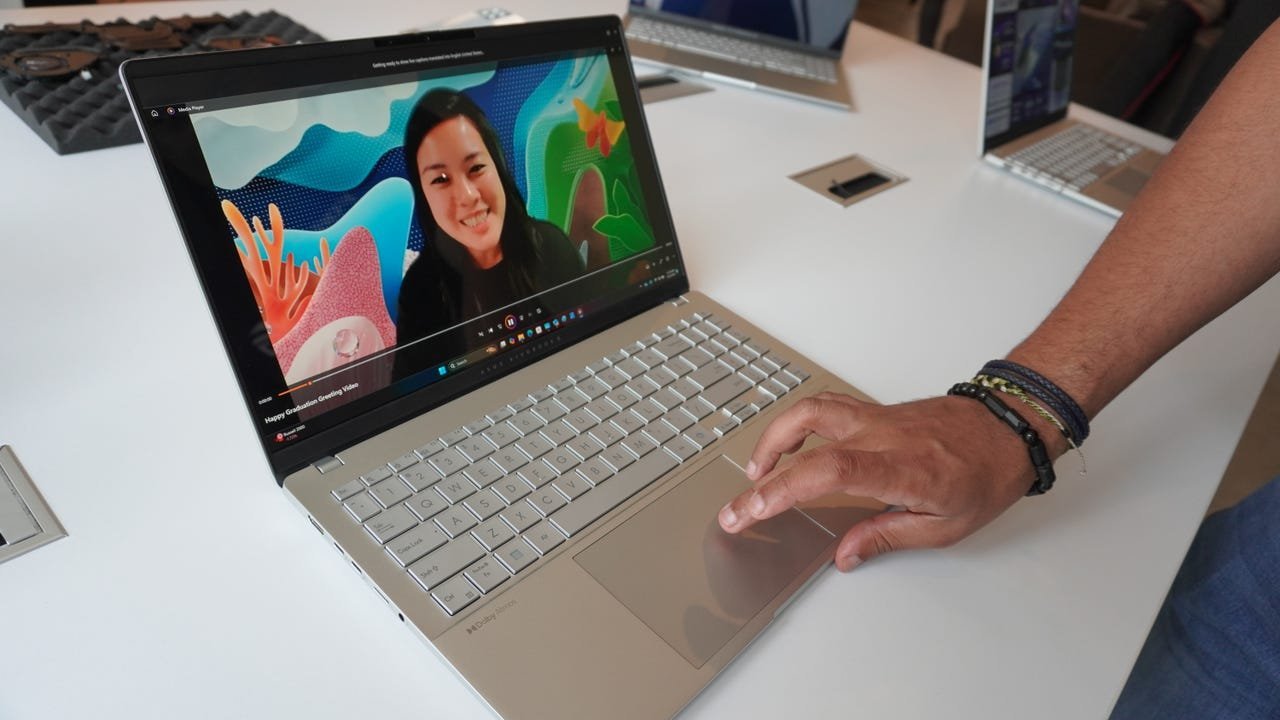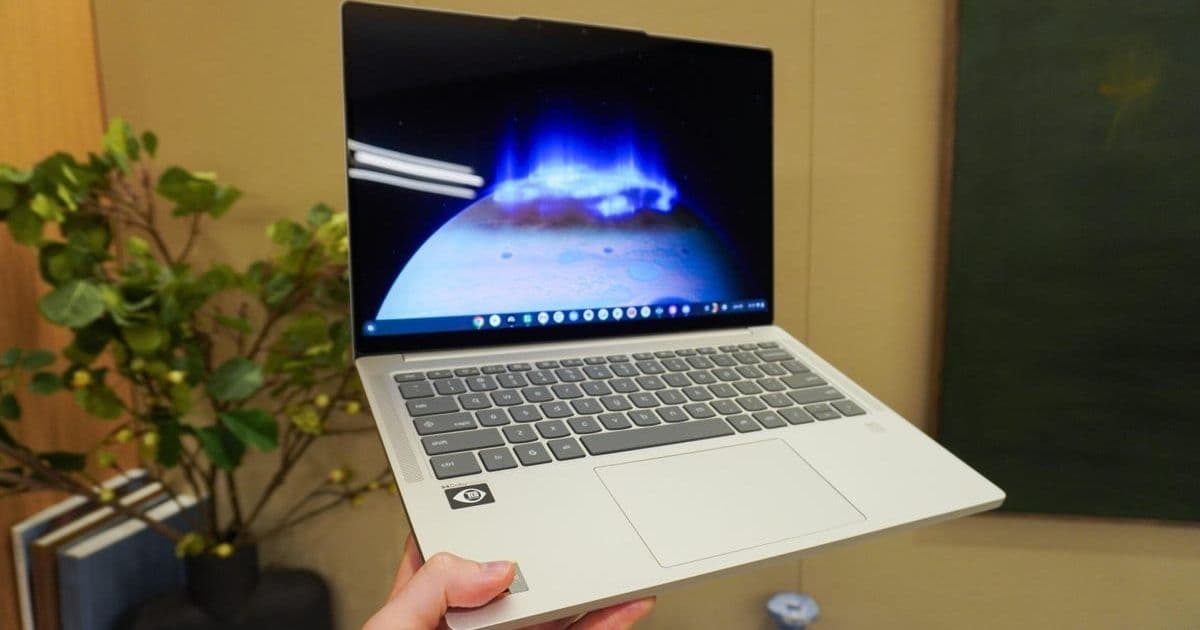Choosing the right laptop is more nuanced than ever. ZDNET's deep dive cuts through the noise, offering expert guidance tailored for students, professionals, and gamers, highlighting crucial features and top-performing models in each category while revealing versatile contenders that bridge the divide.
The laptop market presents a dizzying array of choices, each promising peak performance and productivity. Yet, for developers, engineers, and tech-savvy users, finding the right machine hinges on aligning specifications with real-world demands. ZDNET's comprehensive analysis, based on rigorous testing and expert evaluation, provides a much-needed roadmap, segmenting the landscape into three core use cases: academic pursuits, professional workloads, and immersive gaming.
School: Endurance and Resilience Reign Supreme For students, the primary battleground is battery life and durability. A laptop that dies mid-lecture or succumbs to a backpack tumble is a liability. ZDNET emphasizes targeting devices capable of 12+ hours of runtime and favoring robust, lightweight 13- or 14-inch designs. Raw processing power takes a backseat for typical academic tasks like research and writing, though lightweight gaming remains feasible.
 Top Picks Highlighted:
Top Picks Highlighted:
- Dell Inspiron 14 Plus: Praised for its marathon 21-hour battery (Snapdragon X Plus), vibrant QHD display, and affordability (~$600).
- Lenovo Chromebook Plus: Ideal for Google-centric workflows, offering a stunning 2K OLED touchscreen and excellent battery efficiency.
- Refurbished M1 MacBook Air (Walmart, $599): A value powerhouse within Apple's ecosystem, renowned for its portability.
Work: Powering Through Demanding Tasks Professional environments demand significantly more horsepower. Whether it's complex coding, video editing, data analysis, or high-fidelity video conferencing, ZDNET advises prioritizing the latest generation processors – specifically Intel's Lunar Lake or AMD's Ryzen AI 300 series chips – designed for intensive workloads.
Top Picks Highlighted:
- Lenovo ThinkPad X9 Aura Edition: An ultraportable powerhouse featuring the Intel Core Ultra 7 258V, lauded for its blend of performance and sleek design.
- Dell Premium 16: Combines a stunning 4K touchscreen with serious graphics muscle (Nvidia RTX 5070) for creative and rendering tasks.
- HP EliteBook Ultra G1i: Stands out with a superior 9MP (1440p) webcam and a smooth 2.8K 120Hz OLED display, backed by robust hardware.
Gaming: Prioritizing Frames and Cooling Gaming laptops live and die by performance and display quality, with battery life being a necessary sacrifice. ZDNET stresses focusing on GPUs like the RTX 50-series (though older gens remain viable) and displays with high refresh rates (120Hz+) for smoother, more responsive gameplay, often favoring 1080p resolution for optimal frame rates. Crucially, effective thermal management is non-negotiable to prevent throttling; premium cooling solutions command premium prices, though budget-conscious gamers can consider cooling pads.
 Top Picks Highlighted:
Top Picks Highlighted:
- Alienware 18 Area-51: A top-tier performer (RTX 5070) with a vibrant display, though its near-10lb weight reflects its power.
- Lenovo Legion Pro 7i: A 16-inch beast featuring a 240Hz OLED display, upgradable RAM (up to 96GB), Intel Core Ultra 9, and RTX 5080.
- Asus ROG Zephyrus G14: A more portable (and office-stealthy) 14-inch option with AMD Ryzen 9, RTX 4060, and a beautiful OLED screen.
The Rise of the Versatile Contender While specialized laptops excel in their niches, ZDNET identifies compelling models adept at spanning multiple categories:
- MacBook Pro M4: macOS 26's ecosystem prowess shines for productivity and creativity, while growing game support (MetalFX, ray tracing) and raw performance make it a surprisingly capable all-rounder.
- Dell 14 Plus: A solid, affordable (~$1000) option with Intel Core Ultra 7/9 and up to 32GB RAM, handling work, school, and casual gaming competently.
- Acer Swift 16 AI: ZDNET's Editor's Choice, lauded for blending a thin/light design, long battery life, a gorgeous 3K 120Hz OLED display, and potent Lunar Lake performance (Core Ultra 7/9) for diverse tasks.
This analysis underscores that the 'best' laptop is intrinsically tied to its intended use. Understanding the critical differentiators – endurance for students, processing muscle for professionals, and frame rates plus cooling for gamers – is paramount. The emergence of versatile laptops powered by cutting-edge chips like Lunar Lake and Ryzen AI 300 offers exciting flexibility, but specialized devices still hold the edge for peak performance within their domains. As hardware continues to evolve, this careful alignment of need and capability remains the key to unlocking true productivity and enjoyment.
Source: Analysis based on testing and reporting by Cesar Cadenas, ZDNET.

Comments
Please log in or register to join the discussion